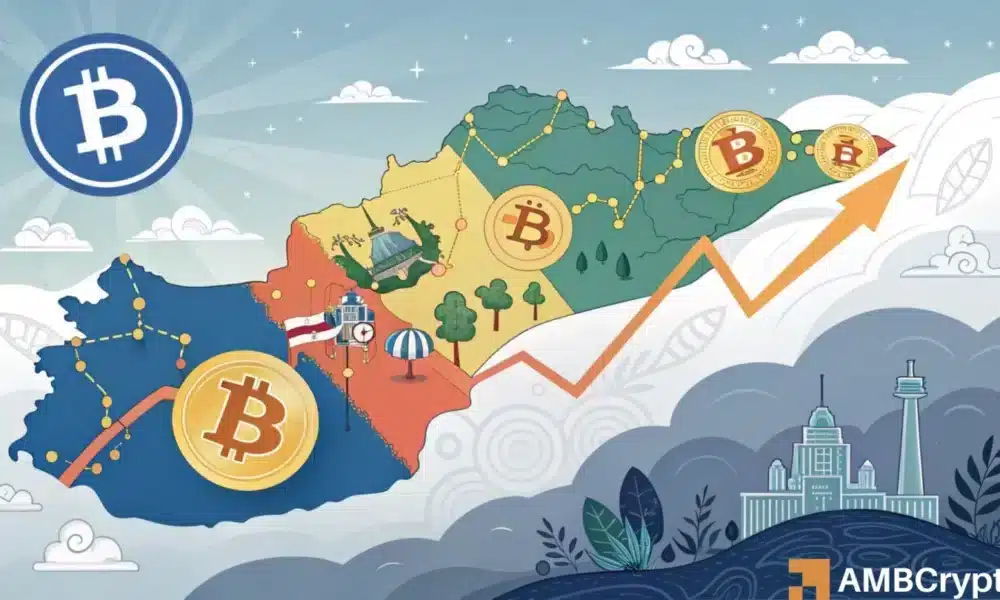El Salvador, the pioneer in adopting digital currency as legitimate payment method alongside the United States dollar, is currently managing tensions with the International Monetary Fund (IMF).
Shortly after finalizing a funding deal, the government reiterated its dedication to purchasing Bitcoin [BTC]. This action sped up its procurement, despite IMF advice to restrict involvement with the digital currency.
This is not the initial clash between the two parties. The IMF expressed fears back in September 2021, highlighting financial and legal hazards that have not materialized yet.
El Salvador’s Approach to Bitcoin
The Bitcoin Office of the nation recently augmented $1 million to its Strategic Bitcoin Reserve, underscoring the government’s ongoing support for the primary cryptocurrency.
This decision has proven to be fruitful. El Salvador’s Bitcoin holdings have risen by 133%, amounting to a total of $632 million.
Commenting on this development, Stacy Herbert, the Director of El Salvador’s national Bitcoin office, posted on X (formerly known as Twitter), stating,
“El Salvador is set to continue acquiring bitcoin (possibly at a quicker rate) for its Strategic Bitcoin Reserve.”
In another message, Herbert further mentioned,
Impact on Global Economies
This acquisition aligns with President Nayib Bukele’s plan to procure one Bitcoin daily, illustrating the nation’s steadfast resolve to integrate Bitcoin into its financial structure.
However, El Salvador’s persistent commitment to its Bitcoin strategy mirrors a wider pattern. Countries previously resistant to digital currencies, such as China and Russia, are now exploring avenues to infuse digital assets into their financial setups.
Furthermore, authorities from El Salvador and Argentina have already initiated a collaboration to support the advancement and expansion of the digital currency sector in their respective nations.

